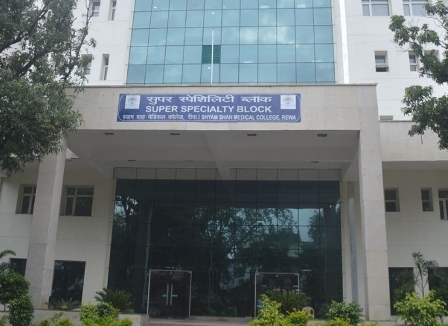Hospital facilities encompass a wide range of services and resources designed to provide comprehensive healthcare. These include diagnostic imaging (like X-ray, CT scans, MRI), operating rooms, intensive care units, pharmacies, and specialized departments such as cardiology, oncology, and orthopedics.
Specific Hospital Facilities: 
- Diagnostic Imaging Centers: Equipped with X-ray, CT scanners, MRI machines, and ultrasound equipment for detailed imaging.
- Operating Rooms: Sterile environments with advanced surgical equipment for various procedures.
- Intensive Care Units (ICUs): Dedicated to the care of critically ill patients, equipped with life support systems.
- Specialized Departments: Hospitals may have departments for various medical specialties like cardiology, oncology, orthopedics, etc.
- Emergency Department: Provides immediate care for urgent medical situations.
- Laboratories: Conduct tests on biological specimens for diagnosis and monitoring.
- Pharmacy: Dispenses medications and provides pharmaceutical services.
- Inpatient and Outpatient Services: Hospitals offer both inpatient (staying overnight) and outpatient (day visits) services.
- Rehabilitation Services: Provide therapies to help patients recover from injuries or illnesses.
- Support Services: Include medical records, dietary services, and security.
- Cleanliness and Hygiene: Essential for patient safety and infection control.
- 24/7 Availability: Emergency services, pharmacies, and some specialized staff should be available around the clock.
- Well-Ventilated Spaces: Wards and patient rooms should be adequately ventilated and naturally lit.
- Emergency Wards and Ambulances: Necessary for rapid response to critical situations.
- Accessibility: Hospitals should be easily accessible for patients and visitors.
